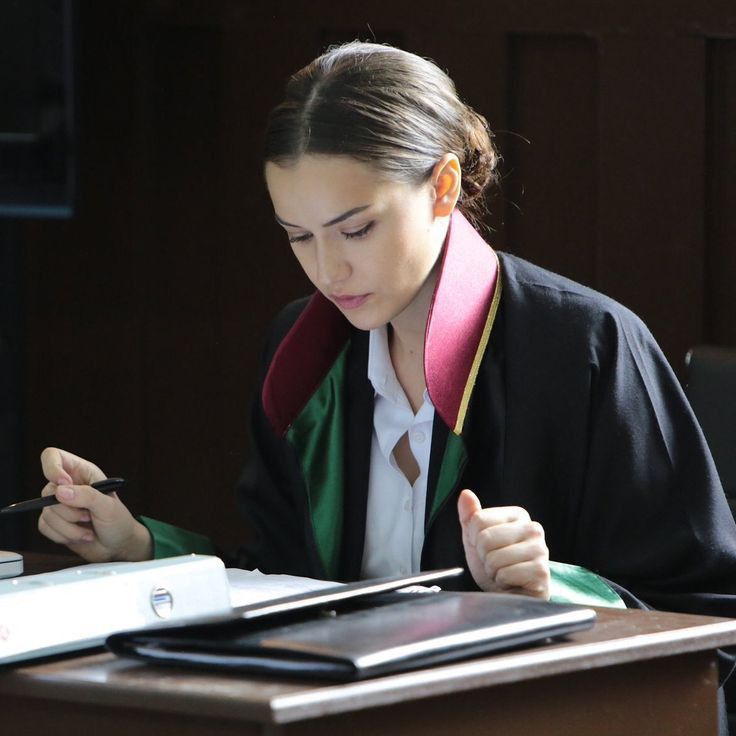In the ever-evolving landscape of law and justice, lawyers play a pivotal role in shaping the future through their involvement in landmark cases. These cases not only set legal precedents but also redefine societal norms, ensuring that justice is served in the most equitable manner. As we delve into the intricacies of how lawyers influence the future of justice, it becomes evident that their contributions are far-reaching, impacting every facet of society.
The Role of Lawyers in Landmark Cases
Lawyers are the architects of legal arguments, meticulously crafting cases that challenge existing laws and push the boundaries of justice. Landmark cases often arise from the determination of lawyers to address societal injustices, advocating for change and setting new legal standards. These cases are not just about winning; they are about making a difference, altering the legal landscape for generations to come.
In landmark cases, the role of a lawyer extends beyond mere representation. They become champions of justice, fighting for the rights of individuals and communities. Their arguments are not just rooted in the law but are also influenced by ethical considerations, social justice, and the broader implications of the case on society. This multifaceted approach ensures that the outcomes of these cases resonate beyond the courtroom, influencing public opinion and shaping future legal doctrines.
Influencing Legal Precedents
One of the most significant ways in which lawyers shape the future of justice is by influencing legal precedents. A precedent is a legal principle or rule that is established in a previous case and is either binding or persuasive for a court when deciding subsequent cases with similar issues. Lawyers, through their advocacy in landmark cases, have the power to create new precedents or challenge existing ones, thus directly impacting how the law is interpreted and applied in the future.
For example, the landmark case of Brown v. Board of Education in the United States was a turning point in the fight against racial segregation. The lawyers involved in this case successfully argued that segregation in public schools was unconstitutional, leading to a Supreme Court decision that overturned the “separate but equal” doctrine. This case not only changed the course of American history but also set a precedent that continues to influence civil rights cases to this day.
Shaping Public Policy and Social Change
Lawyers involved in landmark cases often find themselves at the intersection of law and public policy. Through their advocacy, they can influence not only the legal system but also public policy and societal attitudes. In many instances, landmark cases serve as a catalyst for social change, prompting legislative reforms and shifts in public perception.
Take the case of Roe v. Wade, where the lawyers’ arguments led to the recognition of a woman’s right to choose an abortion, significantly impacting reproductive rights in the United States. The outcome of this case not only shaped legal discourse around personal autonomy and privacy but also sparked widespread debate and led to legislative changes across the country. The ripple effects of this case continue to be felt, demonstrating the profound impact lawyers can have on both the law and society.
Advancing Human Rights and Social Justice
In the realm of human rights and social justice, lawyers play a crucial role in advancing the cause of justice through landmark cases. These cases often involve issues of fundamental rights, such as freedom of speech, equality, and the protection of vulnerable populations. Lawyers, by championing these causes in court, help to ensure that human rights are upheld and that justice is accessible to all.
The landmark case of Obergefell v. Hodges is a prime example of how lawyers can advance human rights through the legal system. In this case, the lawyers successfully argued that same-sex marriage is a constitutional right, leading to a Supreme Court ruling that legalized same-sex marriage across the United States. This case not only affirmed the rights of LGBTQ+ individuals but also set a powerful precedent for the protection of civil rights in general.
The Ethical Responsibility of Lawyers
While landmark cases offer the opportunity to shape the future of justice, they also come with significant ethical responsibilities. Lawyers must balance their duty to their clients with their obligation to the legal system and society as a whole. This ethical dimension of legal practice is particularly pronounced in landmark cases, where the stakes are high, and the outcomes can have far-reaching consequences.
In these cases, lawyers must navigate complex ethical dilemmas, such as the potential for conflict between the interests of their clients and the broader implications of the case. They must also consider the long-term impact of their arguments and the precedents they may set. This ethical responsibility underscores the importance of integrity and professionalism in the practice of law, ensuring that the pursuit of justice remains at the forefront of their work.
Conclusion: The Lasting Impact of Lawyers on Justice
The role of lawyers in shaping the future of justice through landmark cases cannot be overstated. Their contributions extend far beyond the courtroom, influencing legal precedents, public policy, and societal attitudes. Through their advocacy, they help to advance human rights, promote social justice, and ensure that the law evolves in response to the changing needs of society.
As we look to the future, it is clear that lawyers will continue to play a critical role in the pursuit of justice. Their work in landmark cases will continue to shape the legal landscape, ensuring that justice is not only achieved but also continually redefined in the pursuit of a more equitable society.
